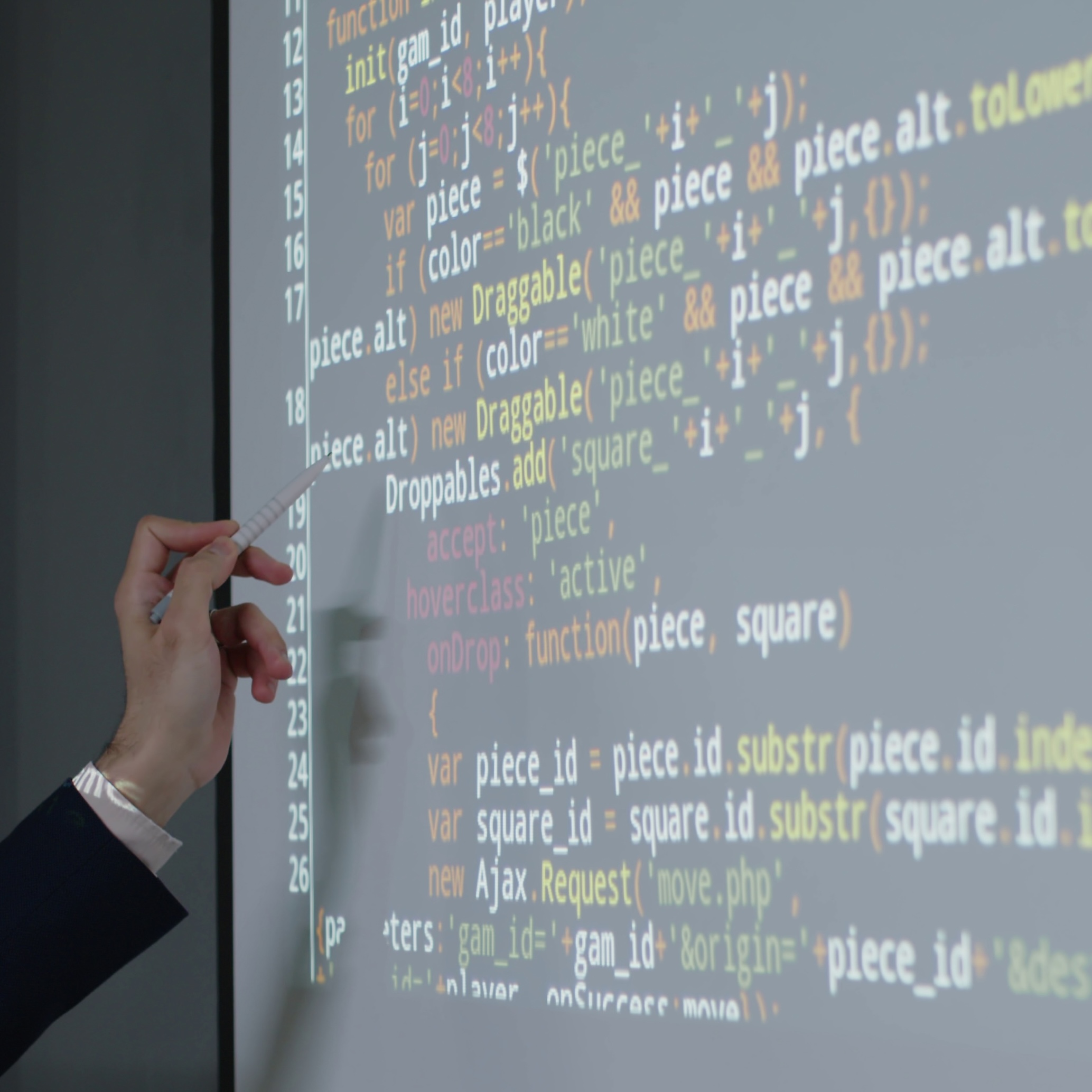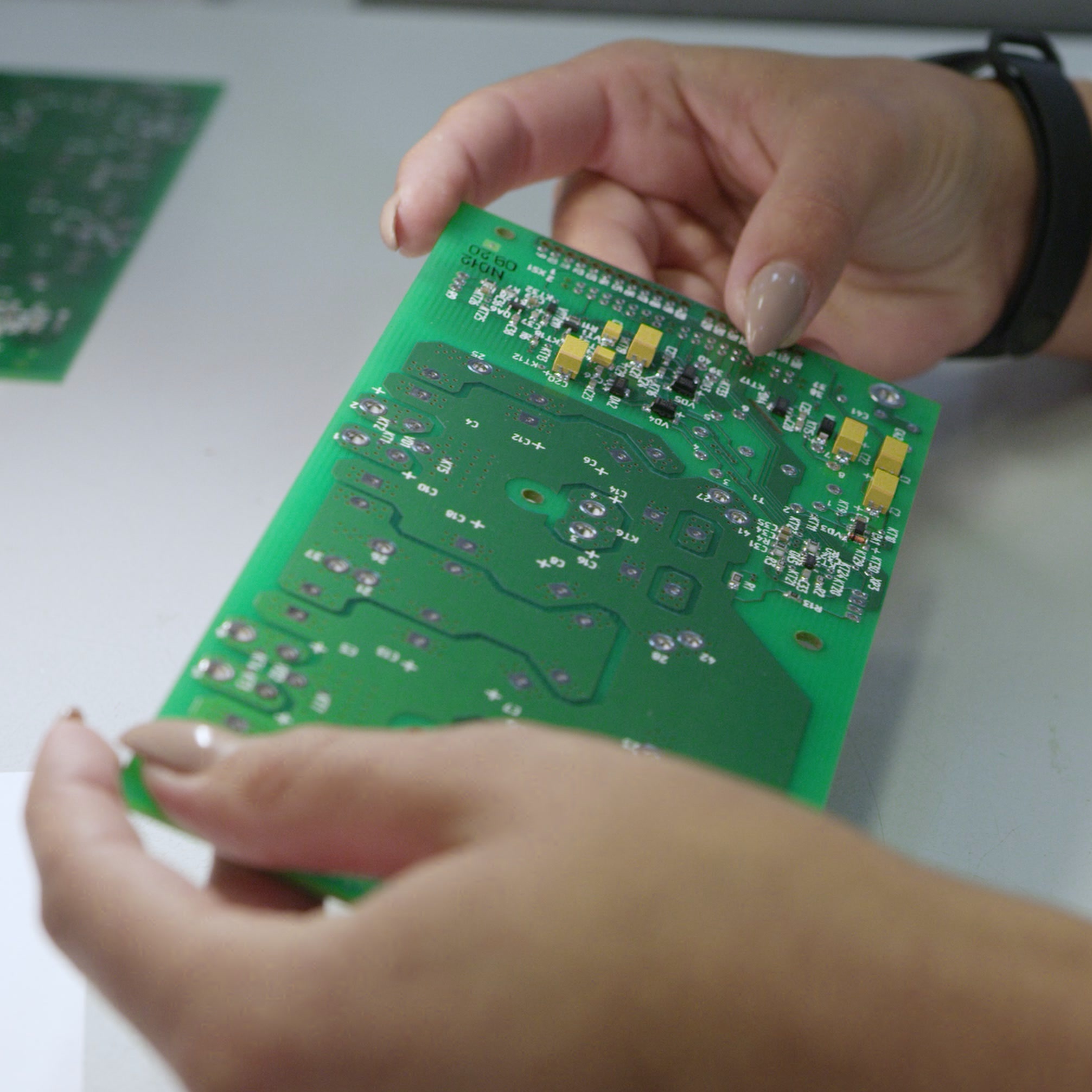Master's Computer Science
M.S. Program in Computer Science
The Master's Program in Computer Science is offered in coursework and thesis tracks.
The coursework track requires both breadth and depth requirements. The breadth requirement ensures students obtain a solid foundation in core computer science areas. The depth requirement allows students to design a sequence of courses to target a particular area of interest. We also offer an online MS degree as a coursework track.
The thesis track further allows students to conduct research in a chosen area of interest.
The Master’s degree can also be pursued in a 4+1 format in conjunction with the Coordinate major in Computer Science. Students wishing to pursue a 4+1 MS are highly encouraged to consult with the graduate coordinator. We also recommend enrolling in the graduate sections of advanced undergraduate electives in order to make use of the SSE dual credit policy.
The M.S. program requires 30 credit hours of graduate coursework. Coursework requirements vary slightly depending on the chosen track, but consist of 12 credits of breadth coursework and 12-18 credits of depth coursework.
Interested students can also contact the graduate office director/manager at cs-grad@tulane.edu .
Application Procedure
Students interested in applying should use the School of Science and Engineering Graduate Online Application Forms. When completing the "Application Information" section of the application forms, candidates should select the following options (in bold below) in the "Department/Program & Area of Specialization" subsection:
Department/Program: Computer Science
Area of Specialization: N/A
GRE and TOEFL scores are optional and not required to complete an application, but we encourage you to include them if available. If you are able to include these, score reports should be directed to Institutional Code 6173 when requested from the testing agency.
Applications to our programs begin in September each year and review of applications begins in January and continues until open slots are filled. Upon application, interested students also are encouraged to contact the graduate faculty member whose research interests most closely resemble their own. Please see https://sse.tulane.edu/cs for more information about the department faculty. For general questions about graduate programs, please contact the graduate office director/manager at cs-grad@tulane.edu.
Areas of Faculty Expertise
Areas of Faculty Expertise
Students with interest in multi-agent systems, artificial intelligence, and/or data science with applications to group decision making, recommender systems, and issues in AI, ethics, and society, are invited to contact Professor Nicholas Mattei. Possible areas for interdisciplinary collaboration include mathematics, economics, psychology, and law.
Students with an interest in human-computer interaction, accessible computing, and computational social science are invited to contact Professor Saad Hassan. Professor Hassan conducts interdisciplinary research on technologies to facilitate inclusion, learning, and creative expression for individuals with disabilities, with a focus on Deaf and Hard of Hearing (DHH) users. Possible areas for collaboration include linguistics, psychology, neuroscience, sociology, art, and design. Students with disabilities are welcomed and encouraged to apply.
Students interested in research in computational biology and bioinformatics are invited to contact Professor Ramgopal Mettu. Professor Mettu currently conducts research in protein structure prediction, protein-protein interactions, compound screening and computational immunology. This research is performed in collaboration with faculty from the Tulane Medical School.
Students with interest in computational geometry, shape matching, or trajectory analysis, possibly in combination with topology or statistics or with biomedical image analysis, are invited to contact Professor Carola Wenk. Possible areas for an interdisciplinary collaboration include mathematics, biomedical engineering, and biology.
Students interested in working in the theory, algorithms and applications of machine learning are invited to contact Professor Jihun Hamm. Professor Hamm's current research topics include deep learning, adversarial machine learning, non-convex optimization, and machine learning applications in biomedical sciences.
Students interested in machine learning algorithms for natural language processing are invited to contact Professor Aron Culotta. Professor Culotta conducts interdisciplinary research on social media analysis with applications to public health, emergency management, and political science. His recent methodological focus includes domain adaptation, semi-supervised learning, and causal inference.
Students interested in working on the algorithms and applications of computer vision and machine learning are invited to contact Professor Zhengming (Allan) Ding. Professor Ding's current research focuses on developing advanced AI learning algorithms to generate accurate, reliable, and transparent decisions including topics such as deep learning, transfer learning, multi-view learning, and applies to AI-assisted interdisciplinary applications such as smart transportation, medical data analysis, WiFi-based robot localization, and material fracture detection.
Students interested in reinforcement learning and multi-agent learning are invited to contact Professor Zizhan Zheng. Professor Zheng's current research topics include (deep) reinforcement learning, federated learning, learning in games, machine learning security and safety, and their applications in robotics, healthcare, environmental science, and social sciences.
Students interested in the theory and applications of networking and security are invited to contact Professor Zizhan Zheng. Professor Zheng develops optimization and learning-based solutions to improve the efficiency and security of wireless networks, cyber-physical systems, and cloud and edge computing systems. Possible areas for interdisciplinary collaboration include smart transportation, energy systems, and environmental science.
Students with interest in data visualization, computer graphics, and/or image processing are invited to contact Professor Brian Summa. Possible areas for interdisciplinary collaboration include mathematics, biology, neuroscience, physics, earth and environmental sciences, and chemical and biochemical engineering.
Students with interest in computer systems and architecture are invited to contact Professor Lu Peng. Currently, his research topics include GPU/CPU performance, power, reliability, and security design, deep learning neural networks accelerators and applications, blockchain acceleration and applications, and quantum processor architecture and compilers. Possible areas for an interdisciplinary collaboration include physics, healthcare, and biological sciences.



